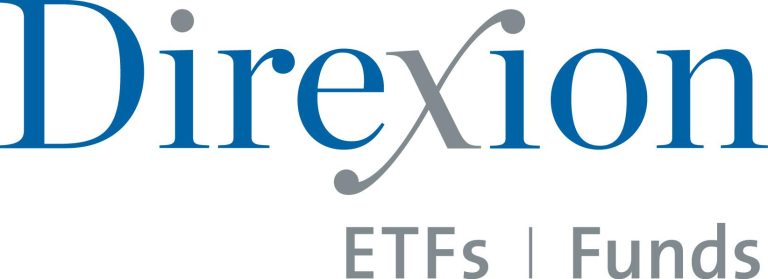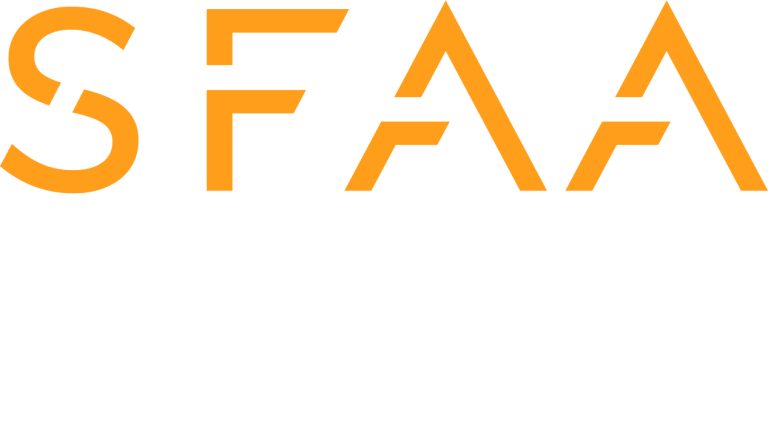
Buying a home is a pricey prospect, even if prices are trending downward. According to the Canadian Real Estate Association, the national average home price sat at $668,097 in February 2025, a 3.3% decrease from the year prior.
If you’re 34 with $80,000 saved, you may be thinking of using that money to buy a home. That amount would allow you to put up to 20% down on a $400,000 home.
Now, it’s one thing to use all of your money to buy a home you’ll be living in. But if you’re thinking of buying an investment property, it can be risky — even if you’re confident you can charge enough rent to cover your mortgage costs. So, it’s important to weigh your options carefully.
The pros and cons of rental properties
There are a number of benefits to owning a home you rent out. First, the amount you charge can be put toward the home’s mortgage, all while you get to be the one who builds equity in the home.
Eventually, you might walk away with a large profit or end up with a home that is fully paid-off in time for retirement.
As the landlord, you’ll have the right to not renew tenant leases and occupy the home if you so choose. You may not need to live in the home you’re buying now because you have a cheap rental elsewhere, or you live with a romantic partner. But if your situation changes, your home is something you can fall back on.
Furthermore, if you’re renting out your home, you can deduct certain costs on your taxes — these include maintenance expenses and repairs.
On the other hand, buying a rental property potentially means taking a big risk — especially in the situation described above. If you use all of your savings to purchase a home, you risk landing in debt the next time an emergency or unplanned expense arises.
Speaking of expenses, there are numerous costs associated with owning a home, and there are many you can’t plan for. Property taxes can rise, your insurance costs might increase or an expensive repair might become necessary. Plus, the possibility of a non-property emergency still exists. So, it’s not a good idea to leave yourself without a financial cushion.
Another thing to consider is that when you own a rental property, you’re not guaranteed steady income. You could wind up with a tenant who doesn’t pay, or you could end up going months in between tenants if one leaves.
In addition, if you rent out your home, you’re obligated to address tenant concerns as they arise. That could mean interrupting your plans to address any issues. And while you could hire a property manager to do those things for you, that’s yet another cost you’d bear — one that will eat into your profits.
Being a successful property investor
While owning a rental property can be risky, there are steps you can take to set yourself up for success.
Be sure to leave yourself with a solid emergency fund when buying a home. Or, to put it another way, don’t empty your savings completely for a down payment. This can be a life-saver if things go sideways.
Research the market you’re buying in to see what homes typically rent for and what local vacancy rates are. Talk to a real estate agent if you can’t find the data you need yourself. The more information you have, the better you can price and market your rental units.
Look for certain neighborhood features, like good schools and access to amenities. If you buy a home in a desirable location, you may be more likely to have it continuously occupied.
Talk to people who own rental properties and find out what their experience is like. You might think that being a landlord is a role you can handle only to learn that it’s more than what you’ve bargained for. And if so, you’re better off knowing that from the start so you can factor the cost of a property manager into your budget.
Finally, if you want to take maximum advantage of the tax perks of owning a rental property, you may want to consult with a financial adviser or accountant to ensure you’re getting the most out of your investment.
Sources
1. Canadian Real Estate Association: National Price Map
This article I’m 34 with $80,000 in savings and I want to buy a $400,000 house to rent out. But as a first-time investor, would it be too risky to carry a mortgage on a property I won’t occupy?originally appeared on Money.ca
This article provides information only and should not be construed as advice. It is provided without warranty of any kind.


